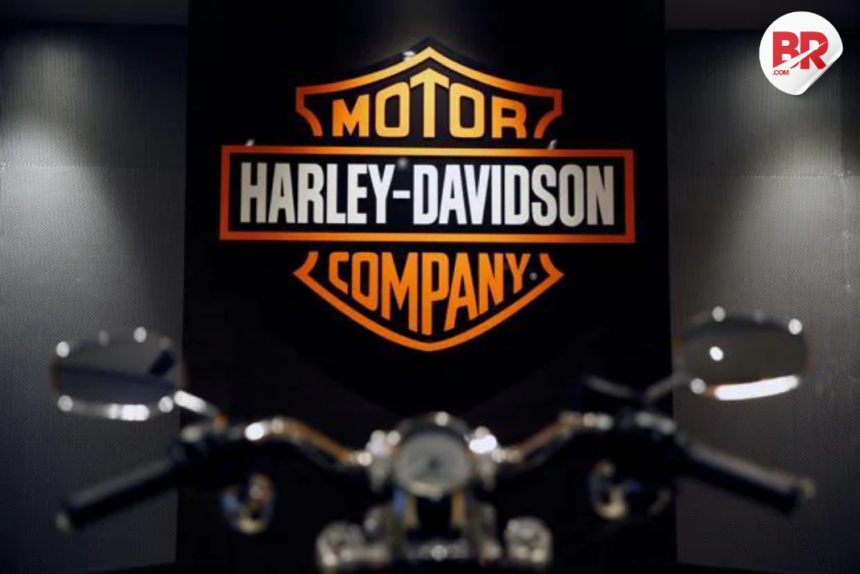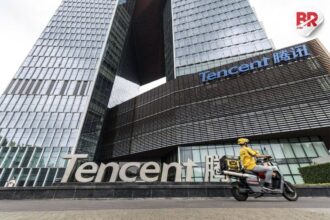
India is reportedly considering slashing import duties on high-end motorcycles—a move that’s already hitting home for Eicher Motors, the parent company of Royal Enfield.
As news of a possible Harley tariff cut made the rounds, Eicher’s shares dipped nearly 3% in early trade. The policy, if passed, could drastically reshape India’s premium motorcycle segment.

What Does This Mean for the Average Biker?
Right now, Harley-Davidson bikes are priced out of reach for most Indians—thanks to a whopping 50-75% import duty on bikes above 750cc. That hefty tag has helped local players like Royal Enfield dominate the mid-premium space.
But with this possible tariff slash, Harley could finally roll up its sleeves and go full throttle in the Indian market—at prices that don’t require selling a kidney.
Why the Wobble at Eicher Motors?
Eicher’s crown jewel, Royal Enfield, has long enjoyed a near-monopoly in the affordable retro-bike category. Their 350cc and 650cc models are cultural icons, seen as aspirational yet attainable.
But if Harley-Davidson—backed by a potential tariff cut—starts selling its 750cc+ cruisers at competitive prices, Royal Enfield could face real competition for the first time in years.
For investors, this isn’t just a bump in the road—it’s a warning sign. Eicher’s heavy dependence on Royal Enfield means any shakeup in market dynamics hits the company hard and fast.
Also Read Royal Enfield Hunter 350 May Get Scrambler Twist or EV Tease at HunterHood 2025
This Isn’t the End—It’s an Opportunity
Still, this Harley tariff debate could push Eicher to evolve. Here’s how they can turn a challenge into a win:
- Double Down on Innovation: Royal Enfield needs to expand its portfolio—think electric models, hybrid tech, and connected features.
- Strengthen the Lifestyle Play: Royal Enfield isn’t just a bike brand—it’s a culture. Events, ride clubs, and branding must grow stronger to retain loyalty.
- Look Beyond Borders: If the domestic pie gets smaller, look elsewhere. Royal Enfield already exports—now’s the time to expand aggressively.
- Collaborate to Compete: Strategic partnerships with global tech firms or motorcycle innovators could inject fresh ideas into their roadmap.
Also Read India’s Private Sector Rises to 8-Month Peak—What Does This Mean for Jobs and Growth?
More Than Just One Brand at Risk
This tariff rethink isn’t just about Royal Enfield or Harley. It’s about India signaling a shift in trade and investment openness. If duties drop, more premium brands like Ducati, Triumph, and BMW could zoom into the Indian market without the sticker shock.
And that means:
- Bikers Get Better Choices: Finally, more options without premium price tags.
- The Whole Industry Gets Faster: With competition comes innovation—features improve, service gets better, and maybe we even get less clunky speedometers.
The Road Ahead
India hasn’t made a final decision yet on the Harley tariff cut, but the signals are loud and clear: protectionism is out, competition is in.
For Eicher Motors, this is a fork in the road. Either cruise along as usual—or shift gears, adapt fast, and race into the future.
Also Read Triumph Scrambler 400 XC Spotted Testing in India, Launch Imminent












